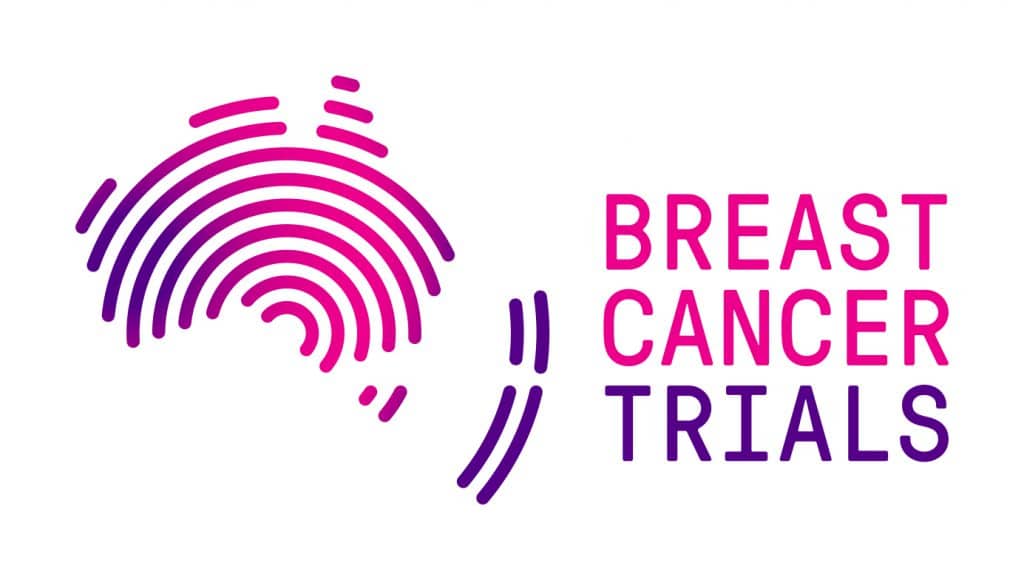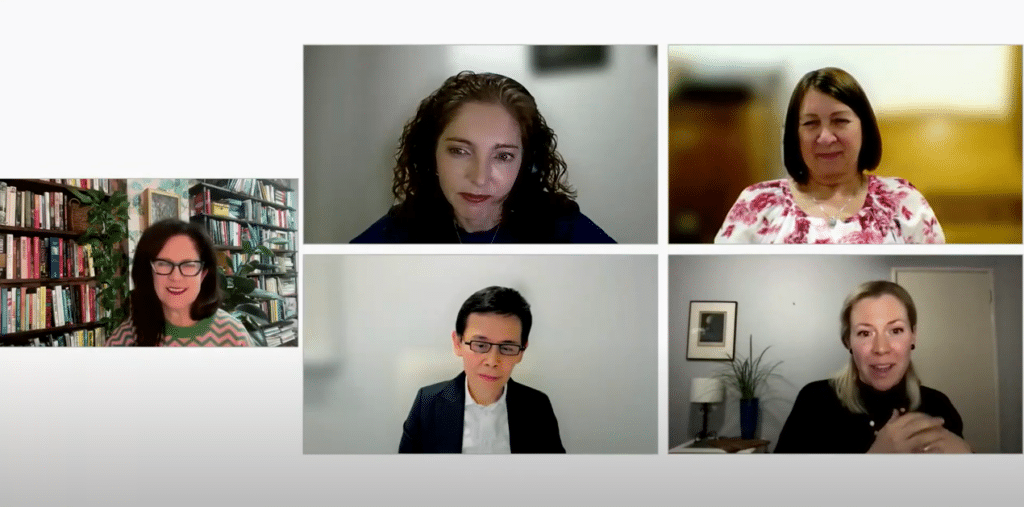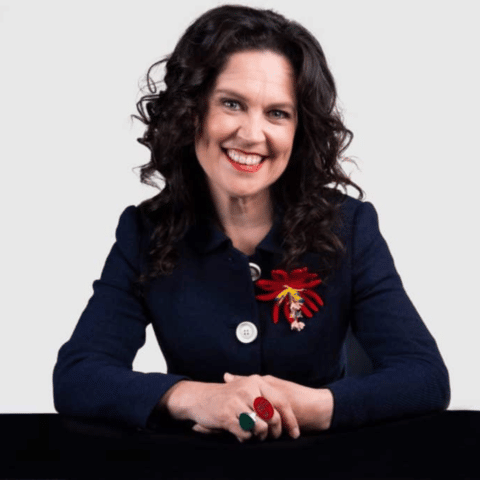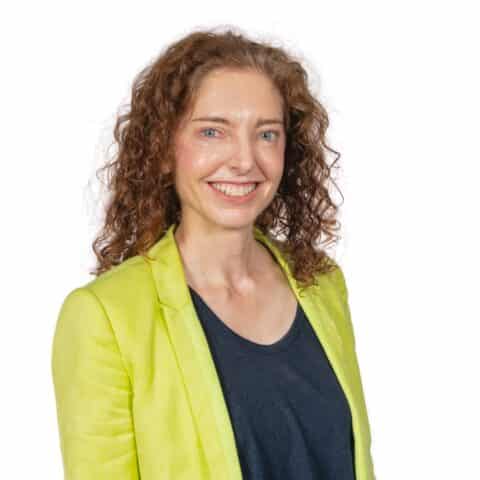- Research
- 2022-2026 Research Strategy
- Open Clinical Trials
- Closed Clinical Trials
- What is a Clinical Trial?
- Why Participate in a Clinical Trial
- Remote Telehealth Pre-Screening Process
- Research Achievements
- Publications
- Research Development and Funding
- Participating Intitutions
- International Collaboration
- BCT Trials & Projects Summary
- Translational Research
- Clinical Fellowship Program
- International Fellowship Support
- Annual Scientific Meeting
- Travel Grants and Awards
- About
- Our Impact
- Fundraise
- Donate
- Researcher Login
- Cart
It is a common myth that more treatment is always better when it comes to breast cancer.
Certainly 40 years ago, our grandmothers and mothers were treated with radical mastectomies, which involved the removal of the entire breast, the skin and underlying muscle, as well as the lymph glands – and this was standard treatment.
But since then research has shown time and time again, that more isn’t always the best approach.
Today, more women are surviving their breast cancer diagnosis than ever before. And while we still have a long way to go before every patient has a treatment that is right for them and their unique situation, a new area of research has developed in recent years which is investing in patient well-being.
Called optimised treatment, researchers are investigating if a ‘less is more’ approach will give patients equally good or better outcomes.
By reducing the amount and intensity of treatment that patients receive, it has the potential to reduce the side effects of treatment, which can often be long lasting.
Optimised treatment means moving away from a one size fits all approach to breast cancer treatment, towards better tailoring of treatments for patients. It may also provide doctors not just the knowledge on how to treat the disease but how to better care for the patient as a whole.
Breast Cancer Trials has a number of open clinical trials that are looking at improving treatments for patients, by identifying those who may benefit from having less.
The EXPERT clinical trial is investigating whether a genomic test of breast cancer tissue can be used to identify women with early breast cancer who can safely avoid radiation therapy after breast cancer surgery and the potential side effects of this treatment.
While the OPTIMA clinical trial aims to find out if using a test called Prosigna can help identify patients with ER-positive, HER2-negative early breast cancer who may be able to avoid chemotherapy.
The PROSPECT trial has provided results that support the use of pre-surgical MRI to identify selected patients who might be able to avoid radiotherapy for early-stage breast cancer. These results require confirmation before entering routine practice.
In this Q&A our leading researchers discussed the latest in optimised treatment research such as EXPERT, OPTIMA and PROSPECT, as well as recent findings on the psychological impact of optimised treatment on patients. We also heard a patients perspective on choosing to have less treatment, and her breast cancer outcomes.






